


Christmas is just one day, right? One day of eating all the delicious foods, even overeating them, is not going to harm your heart. However, most of us have spent the whole year overeating. And Christmas isn’t just one day, when you think about the long weekend of Christmas parties, social gatherings and excess food that happens at this time of the year. Research shows that the average person puts on about 2kg over this time and never loses it.
Rather than putting off healthy eating changes as next year’s problem, you can start making easy changes now. Christmas is going to come around every year for the rest of your life – get a jump on it and learn to manage it!


Many of us eat out more than usual over the Christmas period. And when we eat out, we often eat more than we would at home. We know that sticking to just one course once you see what everyone else is having is hard, so decide before you begin if you are going to have a starter or a dessert. If you don’t want to feel too stuffed, consider a starter (perhaps with a side order of vegetables), instead of a main course, or share with someone else. Whether you’re eating out or at home, having a coffee or cup of tea while others have a pudding is a good way to round off a meal, or you could share a pudding with others
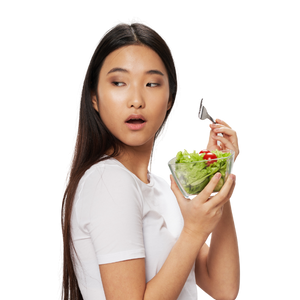
A one-off celebration meal out probably won’t make any difference to your health in the grand scheme of things, so enjoy it. However, if you’re having a few meals, try to scale back what you’re eating in your other meals. This could mean having a lighter meal in the afternoon, like sandwich, salad or soup, if you are going for a big meal later in the day. Try to choose options that are low in saturated fat, sugar and salt for your other meals of the day.

Check the menu in advance. When you’re eating out, one of the best ways to make healthy choices is to check the menu beforehand, whether online or in person, and choose what you’re going to have with your health in mind. It means you can choose your meal without others influencing you
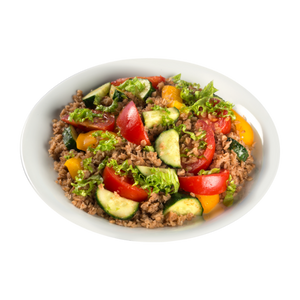
If you’re eating at home, try to plan what you eat with your health in mind. Choose lean cuts of meat, and remove any visible fat, and try to limit your red and processed meat you have in favour of fish, chicken, and plant-based options. If you’re eating out, try to choose the healthiest menu options to make the meal fit into your normal diet, rather than just going for your favourites. Steer clear of deep-fried, pastry-based dishes or those with creamy or cheesy sauces. If you’re having dessert, choose fruit-based desserts.
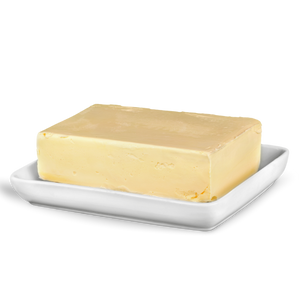
Avoid basting your protein in too much butter. Go easy on the roast potatoes or fries, which come with extra fat and therefore calories. Sausages wrapped in bacon, stuffing and gravy are all usually high in salt. Too much salt is bad for your blood pressure and can make you thirstier, leading you to drink more alcoholic or sugary drinks than you had planned.
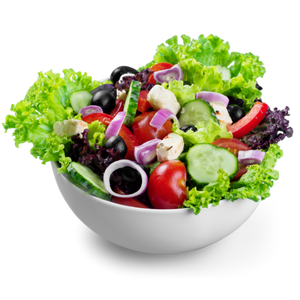
Having a good helping of vegetables (again, as long as they’re not coated in butter) with your meal will add vitamins, minerals and fibre and help you towards your five a day, but beware vegetables that come with added butter, cheese sauce or salt. If you’re in charge of the cooking, offer steamed or boiled vegetables without salt, and steer clear of cheese sauces, or adding bacon to your sprouts, or butter to your carrots or peas. With everything else that’s on the table, no-one will miss these added extras.

Nibbles are seemingly everywhere at Christmas. It’s fine to indulge in the odd mince pie, shortbread biscuit, festive tipple, or a chocolate sweet, but sticking to a regular pattern of meals will help to make sure you aren’t hungry between meals and help maintain your willpower. And remember that savoury snacks like dry roasted nuts and crisps are high in fat too, and are also often high in salt

What’s a party without alcohol? While we believe it is perfectly normal to party well, any more than 4 standard drinks in one sitting is classified as an alcohol binge. While you may only feel a hint of dizziness and after-alcohol flush, your liver (and your heart) would be exerted extensively. Alternately, try preparing yourself for a limit as well as alternate one glass of alcohol with one glass of plain water. You’ll not only help your liver and your heart but your overall hangover symptoms too!
As a rough guide, one standard drink = 1 shot of a spirit = 1 standard glass of wine = 285ml glass of
beer.
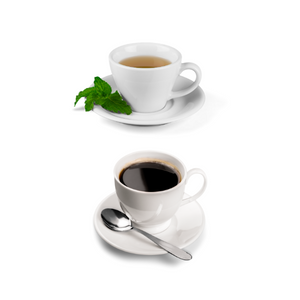
We all enjoy sharing a meal with family or friends, but have you considered doing something different? That way you are more likely to avoid unhealthy food options, and you’ll save money, too. You could go for a walk in a park together, perhaps with a flask of tea or coffee

Life Care Diagnostic Medical Centre Sdn. Bhd. 200401034597 (673106-V)
Bangsar South
WhatsApp: 0122343610
1st Floor, Wisma Lifecare,
No. 5, Jalan Kerinchi, Bangsar South,
59200 Kuala Lumpur
Cheras South
WhatsApp: 01127213620
19A-2 & 19B-2, Block E, Kompleks Komersil Akasa,
Jalan Akasa, Akasa Cheras Selatan,
43300 Seri Kembangan, Selangor
Operating Hour:
Monday – Friday: 8.00am – 5.00pm
Saturday: 8.00am – 1.00pm
Sunday & Public Holidays: Closed